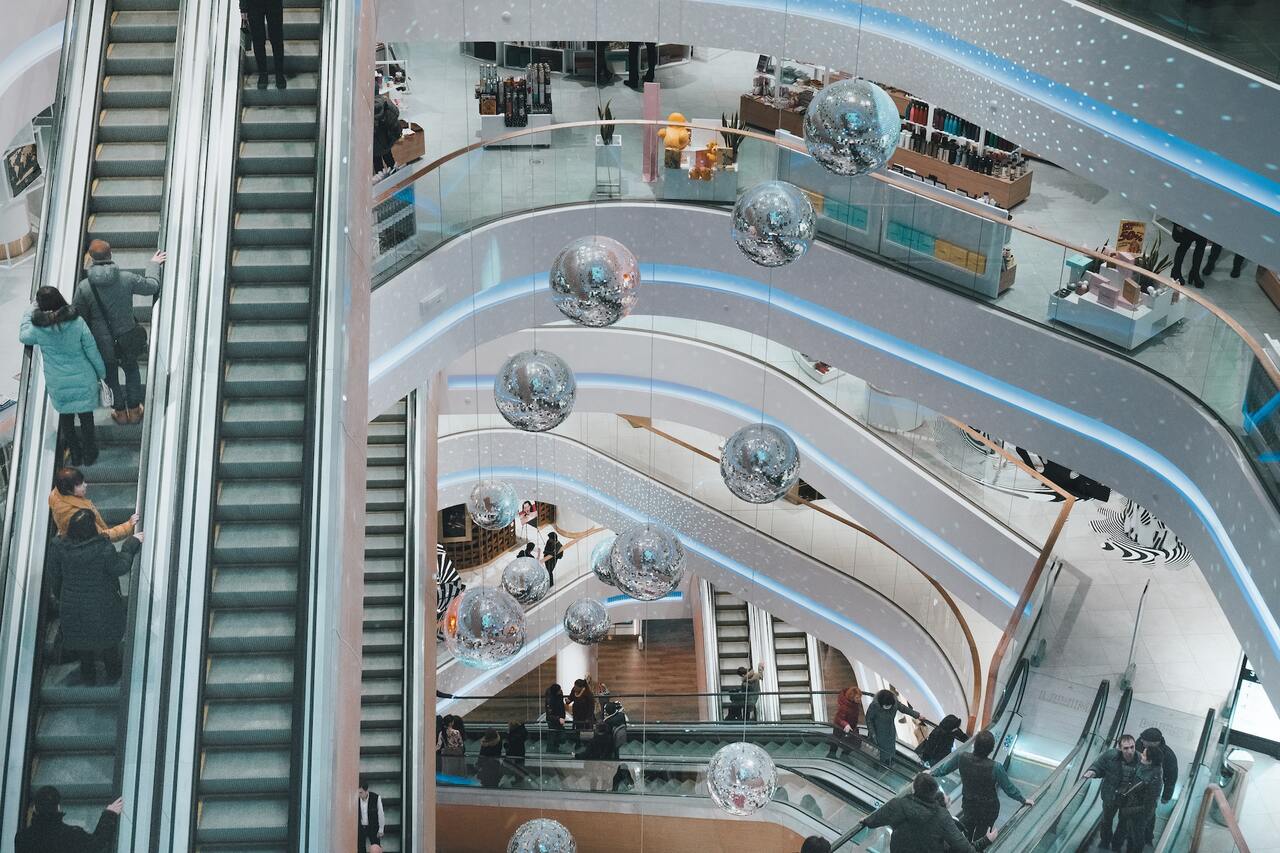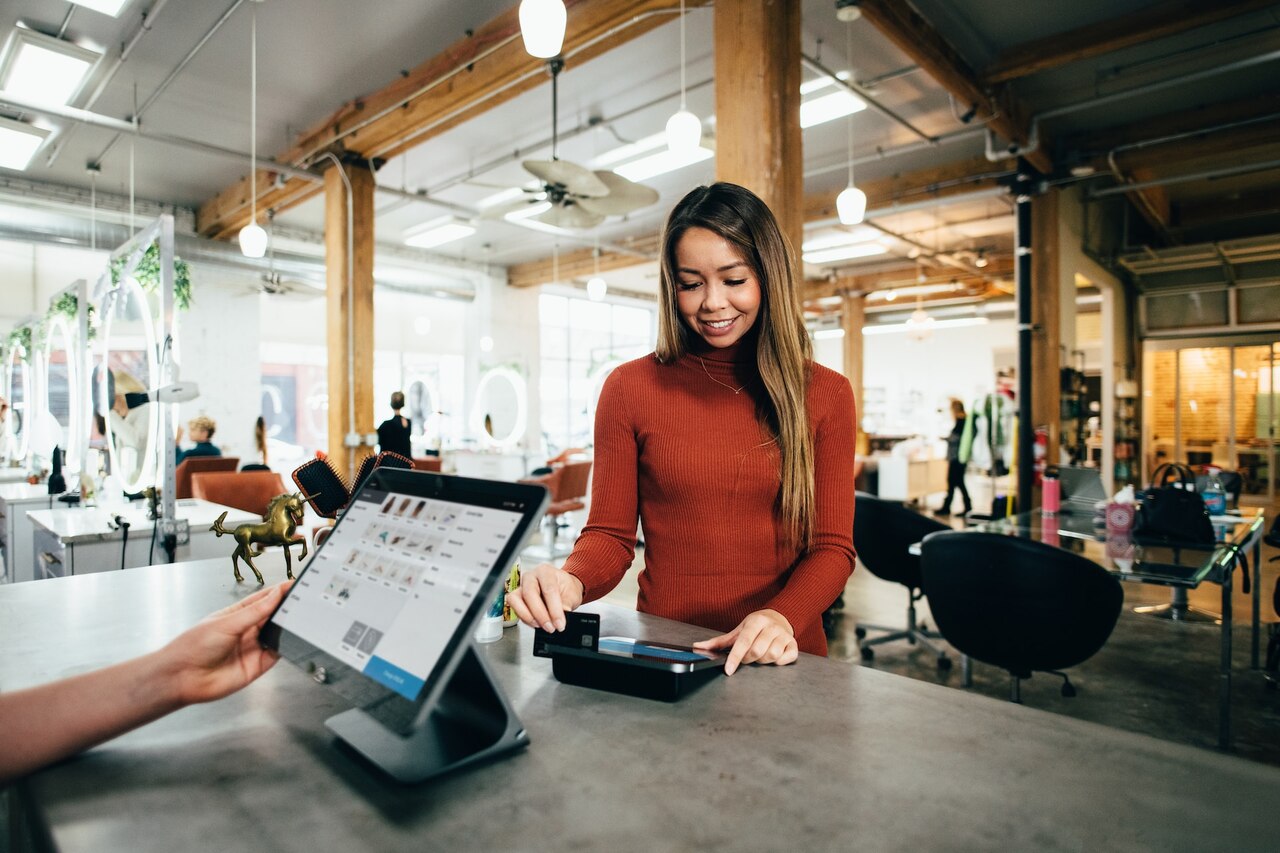Get Support
+91 9123517774
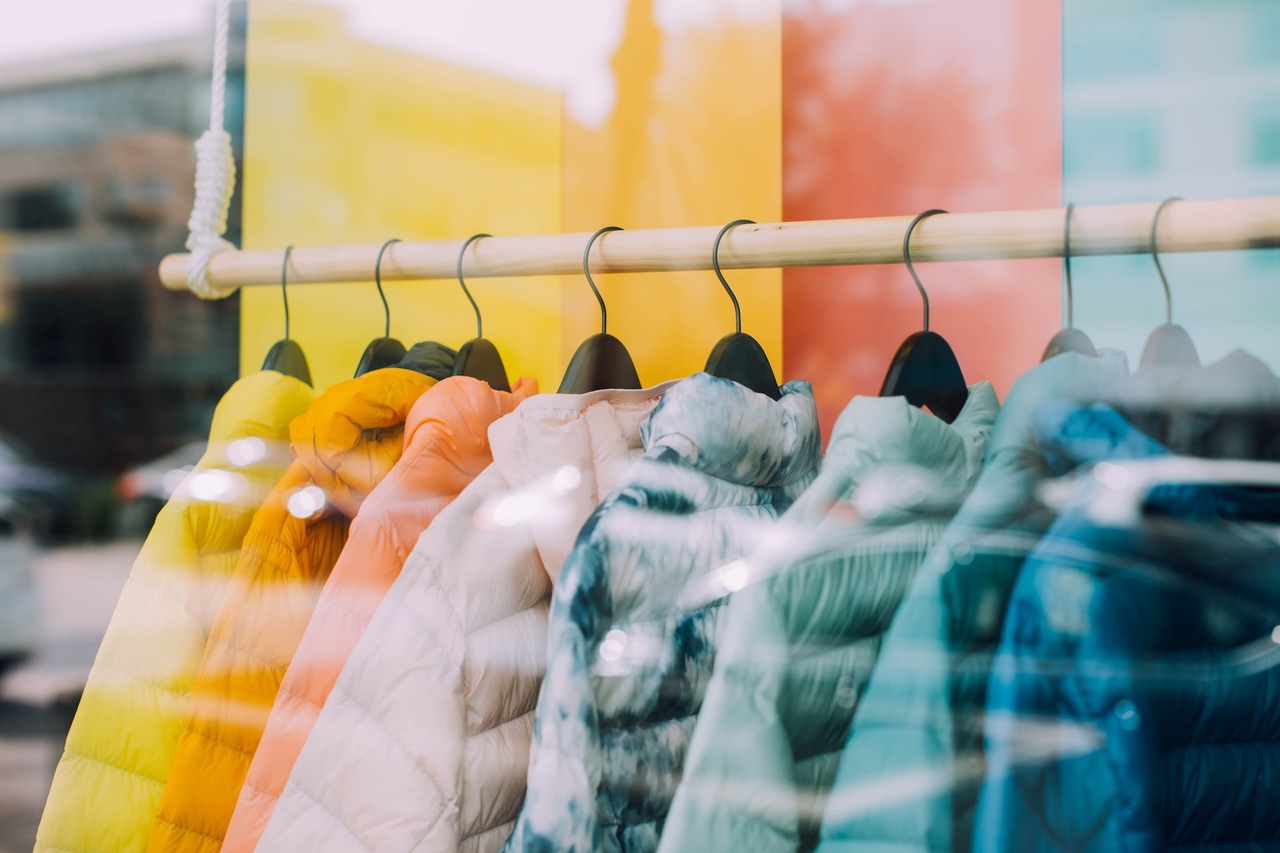
Define Retail?
Retail is a rapidly growing industry, and with the advent of technology, it has become even more competitive. With the help of AI, retailers can now optimize their operations and maximize their profits. AI can be used to analyze customer data to create personalized experiences for customers, automate inventory management, maximize efficiency in supply chain operations, and improve customer service. AI is also being used to create virtual assistants that can provide customers with accurate answers to their questions in real time. With the help of AI, retailers are able to remain competitive in today's ever-evolving retail landscape.
The Difference Between Retail and Wholesale Business?
Sales Purpose:
Retail is centred on the end user, with goods and services available for personal consumption only. Meanwhile, wholesalers sell goods and services that retail traders can resell.
Product Prices:
The existence of differences in sales objectives undoubtedly influences different selling prices, with wholesale prices being lower because the products purchased can be resold. Furthermore, retail traders and sellers can profit from each item sold individually (retail)
Target Market:
The appearance of wholesalers is directed more at local business actors, such as food courts or multi-brand shops. Even so, if you require a large number of products, you can still shop in bulk.
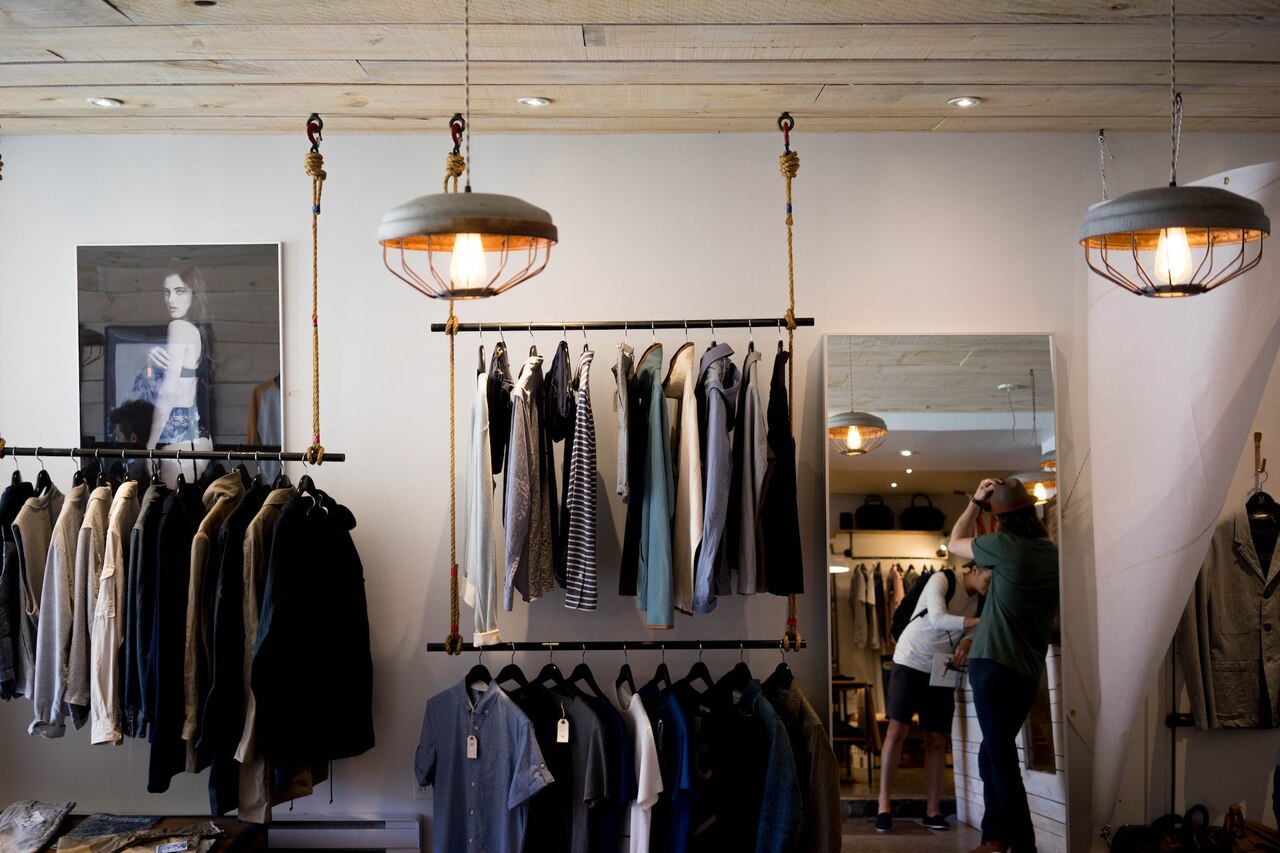
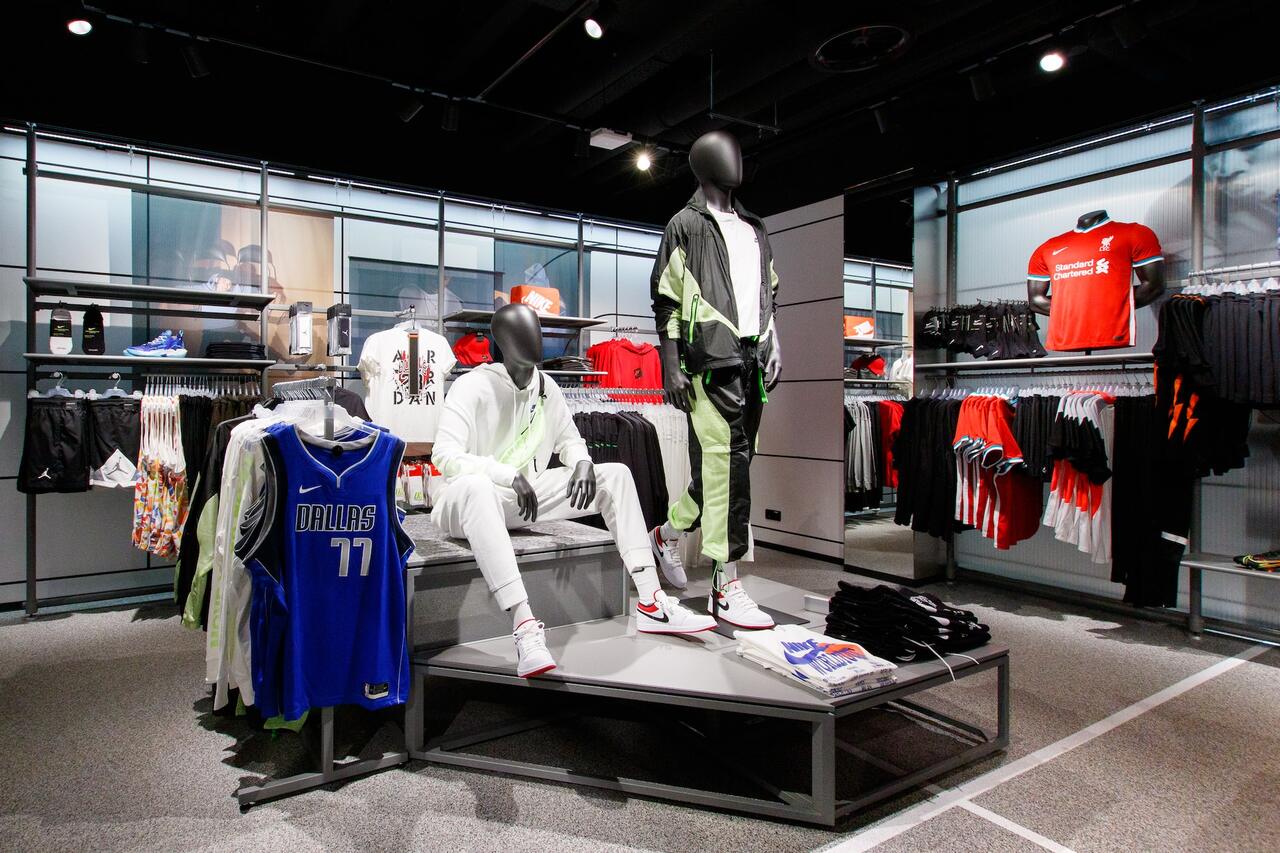
What are Functions of Retail Business?
Make it simple for customers to obtain goods:
The retail industry also serves as a link between producers and consumers. As a result, consumers will find it easier to obtain products that meet their needs and can be purchased at retail.
Offering Advantages to Manufacturers and Wholesalers:
Producers and wholesalers both benefit, in addition to consumers. This is because retail traders will purchase in large quantities from wholesalers, who obtain the goods from producers. Profits from the producer's sales will be reinvested in the manufacturing process.
Help with Product Promotion:
A retail business not only helps consumers meet their needs, but it also helps promote the products sold. To maximize sales of existing products, retailers typically have a sales force (sales), product catalogs, and customer service. One example is educating potential customers about the importance of maintaining body hygiene through the use of specific brands of soap.
Keeping an Eye on the Market:
The retail industry deals with clients in person. They sell existing products directly to the public, allowing them to easily determine which products are in high demand and bestselling in the market. This phenomenon can be used to provide positive feedback to wholesalers and producers in order for them to sell goods and services that the community requires.
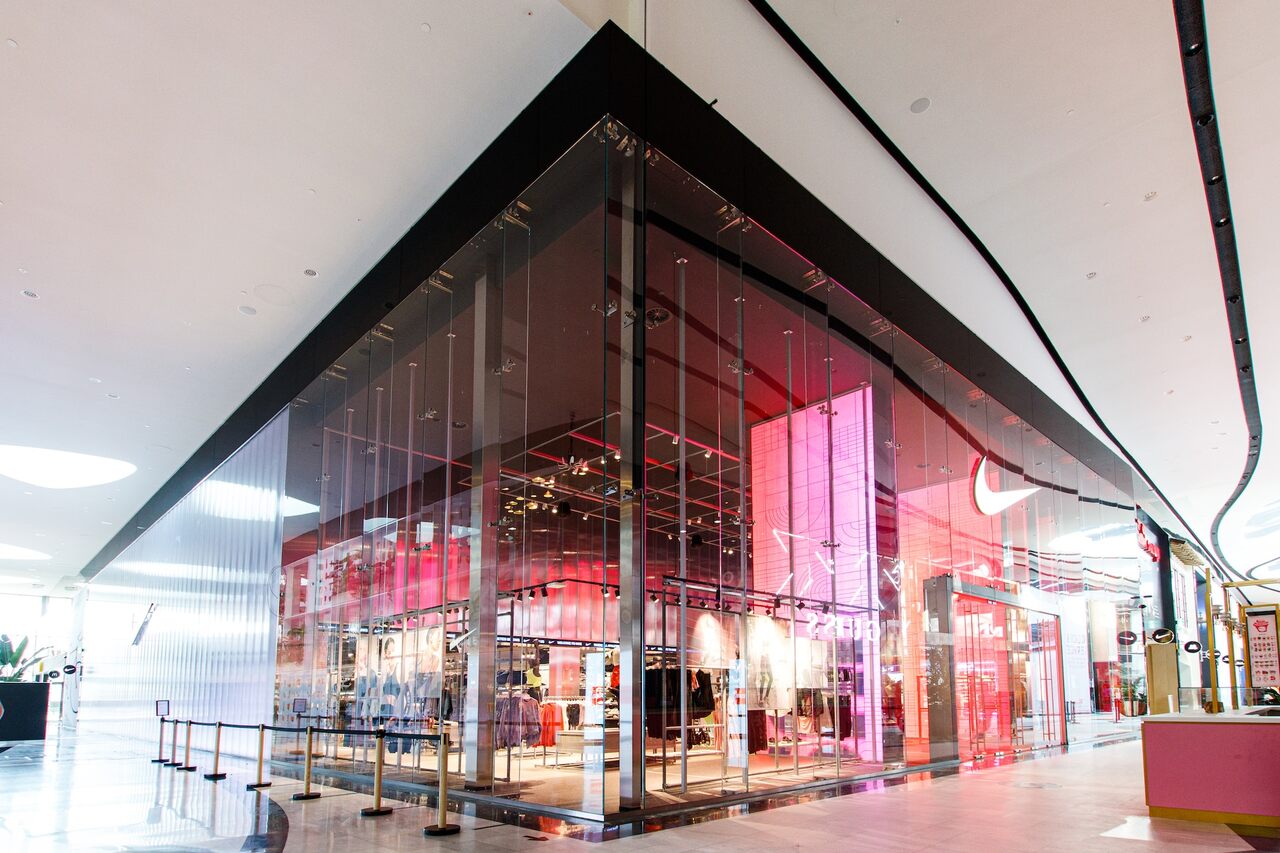
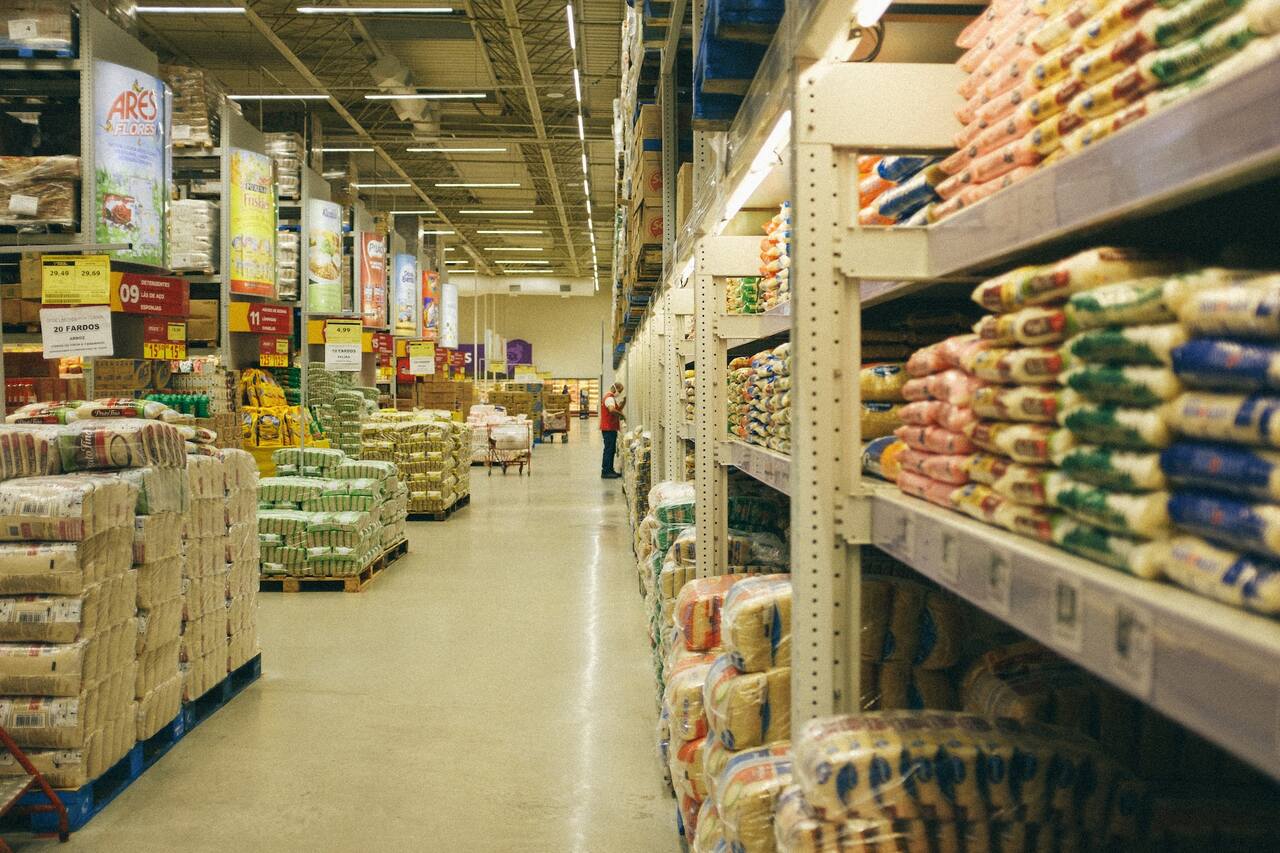
What are the Purpose Retail Business?
In general, the rise of the retail industry has aided people in meeting their needs for goods and services. The following are retail's other objectives.
⊙ Assisting customers in obtaining desired goods
⊙ Selling fewer quantities of products Making it easier for people to reach their daily needs
⊙ Serving as a liaison between distributors and customers
⊙ Gathering information on goods and services currently required by the community.
What are Type of Retail Business?
The types of retail businesses are classified according to the products sold, the ownership, and the location of sale. Let's take a look at the full explanation in the description below. Based on the number of products sold Retail is divided into three categories based on the products sold.
1.Product Distribution:
This store specializes in selling specific products. One example is the thrift store business, which specializes in selling used clothing (secondhand clothes).
Retail Service
Aside from goods, there are also retail types that focus on providing services. For example, the presence of a motorcycle repair shop is quite important, given that Indonesia has one of the highest numbers of motorcycle riders
Retail Outside of a Store
Not all retailers use human power as the driving force behind their sales success. There are also retail types that use machines to sell their products.
2. ownership:
Retail is classified into three types based on ownership. Independent retail, franchise retail, and group retail are examples.
Independent Stores
As the name suggests, this type of retail operates independently, with no reliance on third parties. Grocery stores, food stalls, and shophouse are some examples.
Franchise in retail
This type of retail sells products similar to those sold by the central company, but the franchise business owner does not have to start from scratch. It is sufficient to follow the rules of the game from the center and purchase property in accordance with the agreement.
3. Based on Sales Locations:
In addition to the two categories mentioned above, retail can be classified based on the point of sale. Where there are many sellers in one location offering a wide range of needs, from goods to services. A retail strip or other commercial land designation is an example.
4. Depending on the business scale:
There are numerous types of retail, which are divided into two scales: large-scale retail and small-scale retail.
Retail on a large scale
This type of retail sells goods in large quantities or on a large scale. In general, this retail store sells a diverse range of products that are both comprehensive and diverse. Convenience stores, department stores, chain stores, and others are examples.
Retail on a Small Scale
This type of retail usually has a limited selection of products. Street vendors, mobile vendors, kiosks, and non-permanent sellers are some examples.


What are the Example of Retail Business?
In addition to the two categories mentioned above, retail can be classified based on the point of sale. Where there are many sellers in one location offering a wide range of needs, from goods to services. A retail strip or other commercial land designation is an example.
Grocery Store:
Retail in Indonesia includes grocery stores and small, basic food stalls. We can easily locate this retail in residential areas and offer a fairly comprehensive range of products. Food and drink, household necessities, and much more.
Department Stores
This type of retail is unquestionably larger and more comprehensive than a grocery store. The goods sold in this type of retail are grouped according to their type and are located in different locations. Women's shoes, for example, are only available in women's fashion.
Warehouse Retailer
This type of retail is in the form of a warehouse and sells large quantities of goods. As a result, the price of goods sold is significantly lower than the price of goods purchased at retail.
Convenience Retailer
This retail business is commonly found at gas stations or rest areas and offers a variety of products to meet the needs of customers.
Specialty Retailer
A specialty retailer, also known as a "specialty retailer, is a type of retailer that only sells products in specific categories. Retail for well-known brands such as Victoria's Secret, Nike, Uniqlo, and many others, for example.
Mobile Retailer
A mobile retailer, as the title indicates, is a type of retail outlet that sells items through proposal and then boats them to clients after orders on the proposal are paid for. A technology advances, this type of retail expands and is preferred by people, particularl those who do not want to bother going to the store.
Internet Retailer
An internet retailer, also known as an online shopping site, is a website that offers a wide range of products, from the most basic, such as groceries, to those related to hobbies
